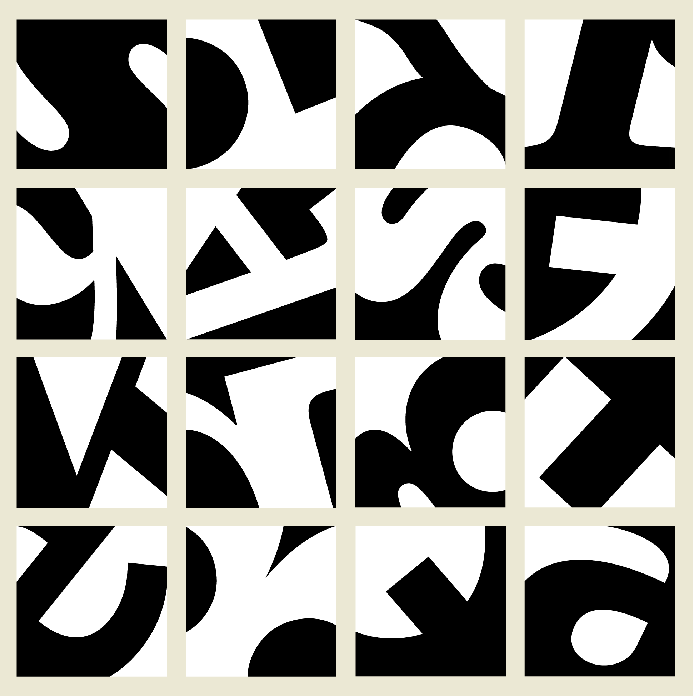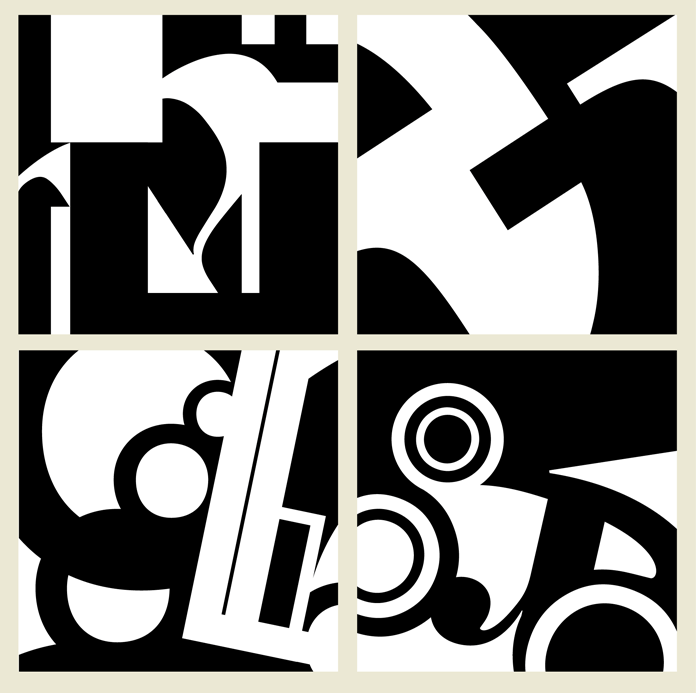Session 1
Introduction Read this short article on Ed Ruscha’s typography paintings and then view more of them by Google (image) searching: Ed Ruscha typography.
Comment here on how the typography affects your understanding of the word.
>> REMINDER Use this time to make sure you have a page visible in your ePortfolio with your sections that should be done for today:
• Section 1 | Anatomy
• Section 2 | Five Families (by EoD)
• Section 4 | Alignment
1) Help with Section 3 | Variations
• Weight – Be sure to pick something with clear indication of weight gain and loss (rather than contrast of a cursive character)
• Width – Here are two typefaces that have both condensed and expanded in their collections: Walkway ( condensed| expand ) and Mesmerize ( condensed | expanded )
• Posture – Consider a typeface that shows a calligraphic italic, and a “Leaning Tower of (insert typeface here) oblique:
Below you will find 1) Roman 2) Italic 3) Oblique,


• Stress – I.e. use a cursive letter that has two areas of thinning
• Contrast – Remember what you know about the evolution (Five Families) how they went from low contrast, to high to no contrast… pick typefaces accordingly
• Serif – Search for a typeface with a brackets to a serif that tilt
2) Section 5 | Leading, Tracking, Kerning (due 10/15) see sample here
In review:
3) Workshop
4) Critique: Five Families & Principles of Design
1) Divide printer paper into two sheets
2) Walk around the classroom and pick one computer to write one comment about the following: In which one of the five designs is a principle of design most clear/apparent? What aspect of the design makes that clearly known?
3) At a different person’s computer, use your last sheet to comment on the following: In which one design is the principle of design unclear? What advice can you give to help make that principle of design more clearly apparent in the work?
** Distribute comments accordingly (if you see one empty computer, leave them a comment rather than at one where there is already a comment)
** By the end of the critique, you should have use both your sheets of paper!
Session 2
Introduction Play the game Shape Type and comment with your average score in the discussion page.
1) Photoshop Demo for Monograms

 http://professorballate.blogspot.com/2013/07/introduction-to-design.html
http://professorballate.blogspot.com/2013/07/introduction-to-design.html• Create a multi-layer custom monogram on square canvas
• Convert text to outline: 1) click on layer 2) Menu > Type > Covert to shape 3) direct select
• “Save for web” and import JPG into InDesign
2) Type on Path Demo
Section 6 | Type on a Path (due 10/15)
• Importing JPG, reducing opacity
• Layer over a path using pen tool
• Type on a path with copy on pen tool, adjust boundaries
• Utilizing the shape tools to create more paths efficiently
• Required lines:
– One vertical path
– Type on a smooth curve
– Type on a sharp curve
– Type on a circular path
Not required, but for some additional fun:
For even more special effects:
3) Workshop
Section 5 | Leading, Tracking, Kerning (due 10/15)
Section 6 | Type on a Path (due 10/15)


